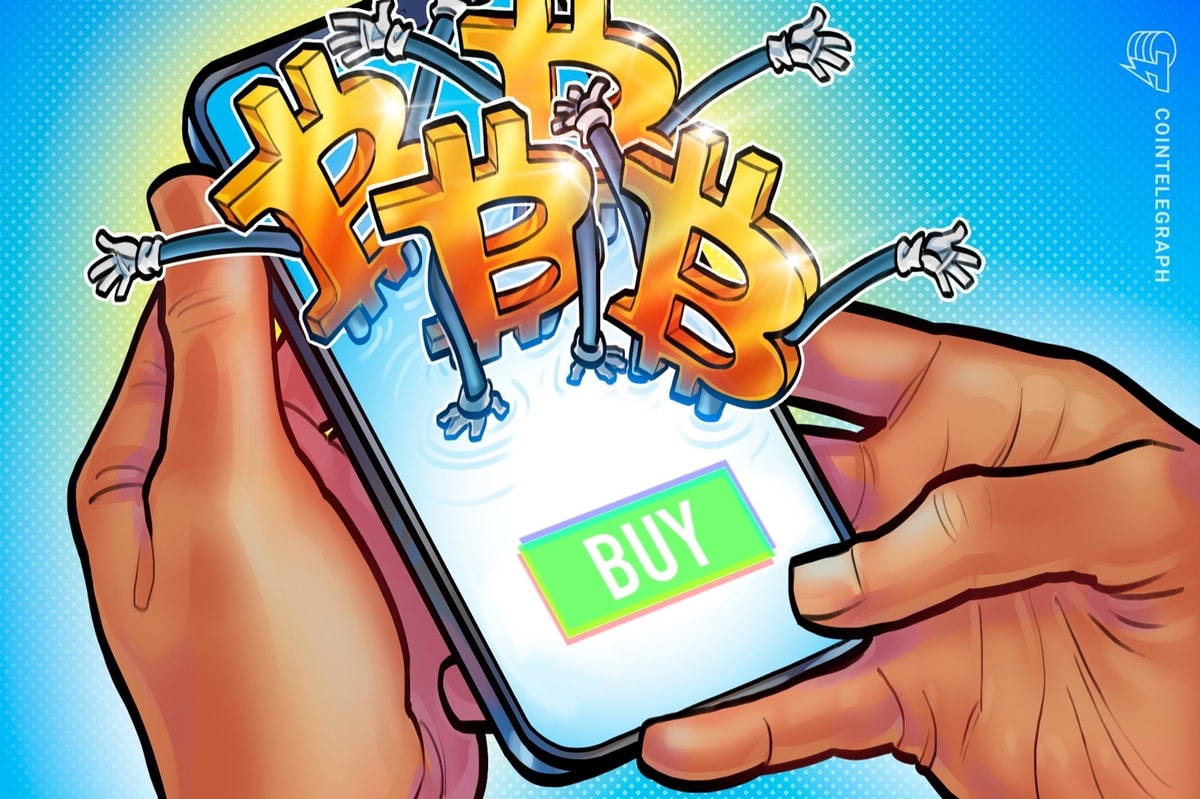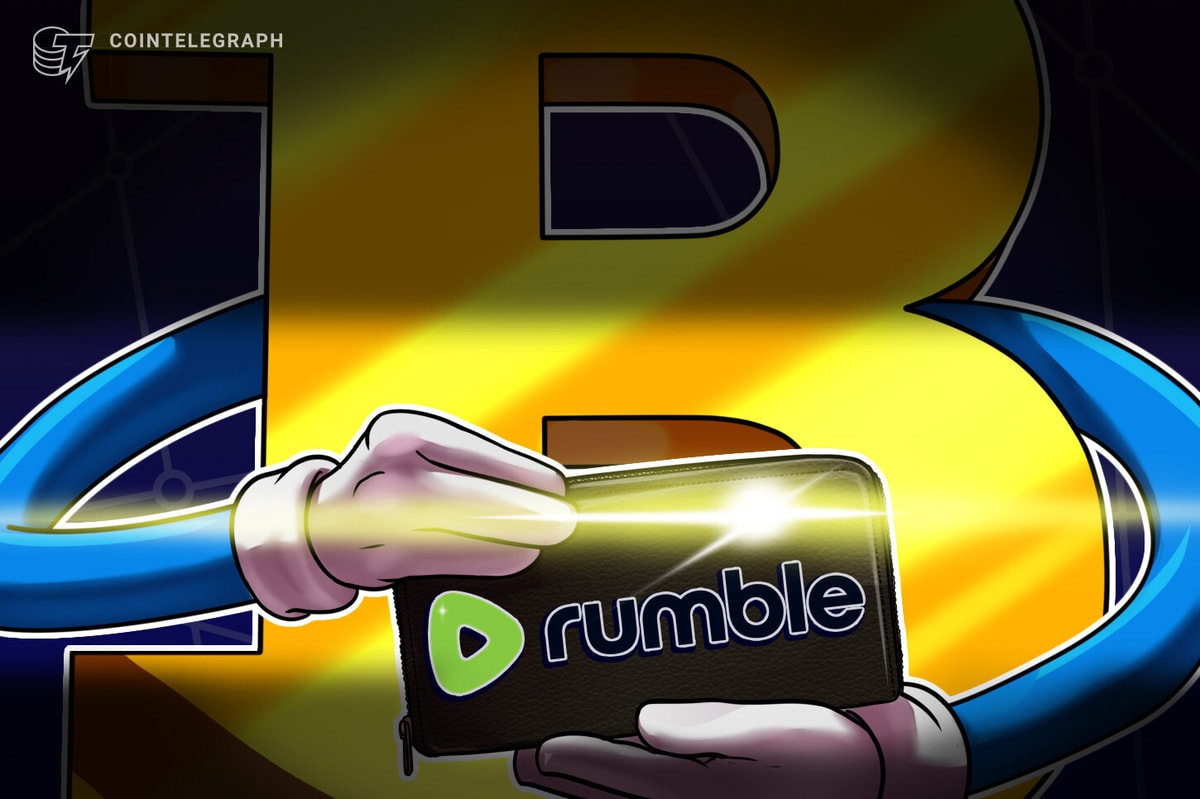According to a Tether executive, tokenizing fiat currencies like the U.S. dollar is the greatest innovation since the invention of fiat and will enable new mechanisms in global finance in the coming years.
William Quigley, co-founder of the stablecoin giant Tether and the decentralized exchange WAX, believes that global economies will likely transition to tokenized money in the next 10 years. He praised tokenization technology at a fireside chat at the FT Crypto and Digital Assets Summit on May 9.
“It’s rare when there’s a technology innovation that is so perfect there’s no drawbacks. You only enhance fiat when you tokenize it,” Quigley said, adding that tokenized fiat or even stablecoins like USDT (USDT) could one day offer earning interest or a yield on holding the digital asset.
The Tether co-founder stated:
“I wondered why my checking account never paid me interest. And they said, well, you get the wonderful benefits of electronic banking. So, at some point, that might happen. But right now, people are so happy with the tokenization of their dollars that the idea of forgoing interest on them hasn’t been really a compelling issue.”
Quigley went on to say that there are “trillions” in U.S. bank accounts that pay no interest. According to the executive, people prefer such accounts because they value the idea of banking services.
“They want to go to their ATM. They want to use the ACH. So, you’re basically paying for those services by forgoing interest,” he noted.

During the fireside chat, Quigley also shared his story of how he got involved with crypto and co-founded Tether, the firm behind the biggest stablecoin by market capitalization and the most traded cryptocurrency today.
Related: Tether nets record $4.5B profit in Q1 2024 — majority from Bitcoin and gold
Quigley mentioned that his passion for gaming inspired many ideas. “Within gaming in the late 90s, the concept of in-game items became a big deal,” he said, adding that many people wanted to trade in-game items, and trading in a barter system wasn’t efficient.
“So, my partner came up with the concept of operating a digital escrow service that would allow people to pay for these items with cash. Now, at the time, this goes back a way, but there was no easy way to use fiat on the internet,” Quigley said. The Tether co-founder noted that he was among the first institutional investors in PayPal.
Magazine: What do crypto market makers actually do? Liquidity, or manipulation











